One of the first things you notice, and continue to notice when in Venice is the lack of cars and buses. The fact that essentially Venice’s main traffic is made up of people and water traffic means that the sound of the city is fundamentally different to that of any other. It is also fascinating to see how it fluctuates throughout the day, something I have taken particular pleasure in recording physically. 
If you are searching for more orchestrated sounds in Venice, then without hesitation we would recommend attending one of the three performances that take place on alternating days throughout the week at Palazzo Barbarigo Minotto.
-LA TRAVIATA, IL BARBIERE DI SIVILGLIA & RIGOLETTO-
Musica a Palazzo opened the doors of Palazzo Barbarigo Minotto (originally built in the 15th Century) in 2005 and despite its geniality it still remains satisfyingly difficult to find fir those who are not looking. Located between the Accademia bridge and San Marco, it has a balcony overlooking the Grand Canal and views of the Salute Church. Find out more of the History here.
This tradition of Grand Scale Operas performed to an intimate audience is one that started at the end of 19th Century. It was common practice (for certain very privileged Venetians) to host these soirees and invite their acquaintances. Therefore what we are suggesting may not be the day to day life of a Venetian nowadays, but it was..once upon a time.
My experience, La Traviata
I was fortunate enough to attend the performance of La Traviata . Divided into three parts we were led from one outstanding fresco lined room to the next. Between the first and the second act we were offered a glass of Prosecco, which coincidently is the final touch needed for all the senses to feel fully emerged in the period.
Naturally filtering into the second scene we eagerly anticipated the sounds of the orchestra to signal the start of the next chapter. The whispering crowd were ushered towards silk chairs, or in our case a beautiful antique sofa, which was practically center stage (as it were).
With every transition you enter deeper into the story, with the final heartwrenching act taking place in the bedroom. This movement throughout the Palazzo serves the duel purpose of supplying the natural intervals needed but also allowing one to see more of the spectacular interiors.
The whole performance was carried by just three outstanding singers, and four musicians. Their skill and theatrical presence allowed them to successfully reduce a classic and traditionally gigantic Opera, into a much more concentrated, intimate affair whilst maintaining the essence of the celebrated story.
Sensory Question
Why do we enjoy music? And what impact does our surrounding have on our hearing?
Seeing as we rely on our sense of hearing through out the day to provide us with information about our environment, our safety and our directions, it logically follows that the same conclusions are drawn for those sounds that are intentionally fabricated.
Therefore it is quite easy to imagine that when we are listening to works of art written in the same time period as the rooms in which they are situated, our senses are able to completely succumb to the illusion of being part of the scene. For this reason it may be that by immersing our other senses (not just hearing) in the same ‘Story’ we are quite litterally more sensually invested, and therefore empathise more with the characters.
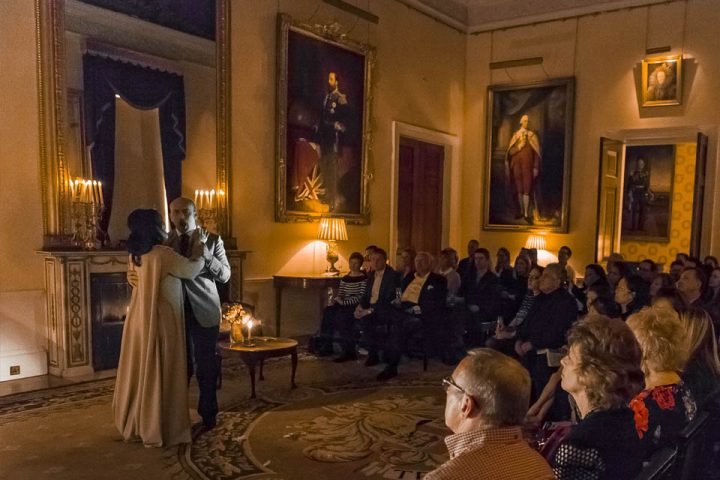
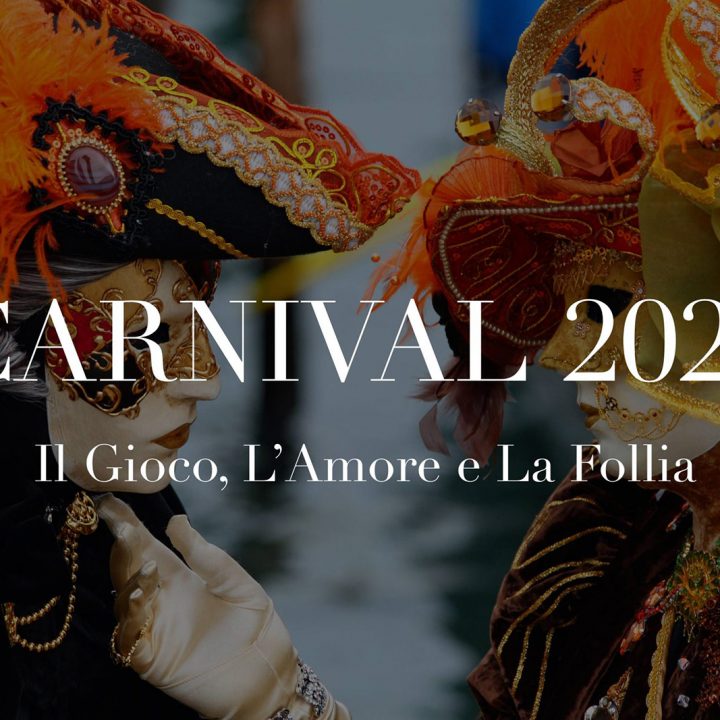
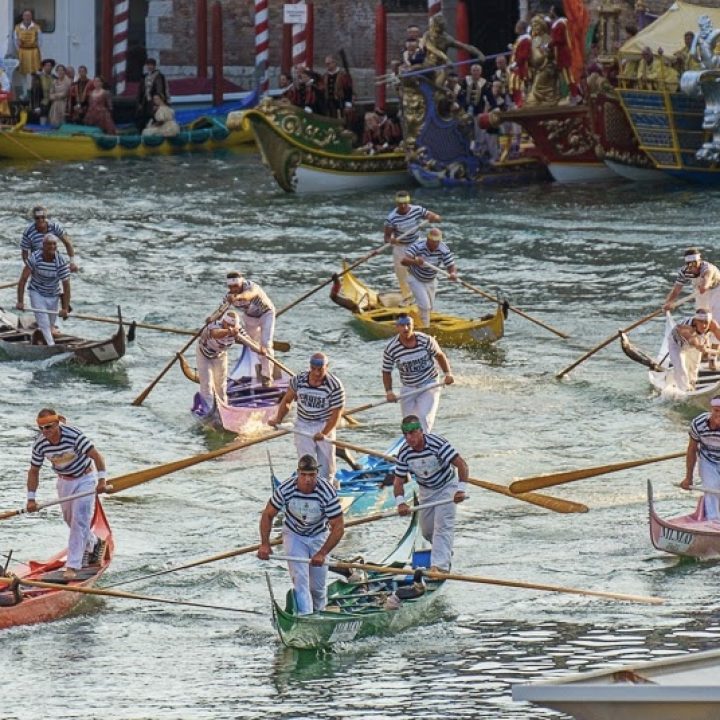

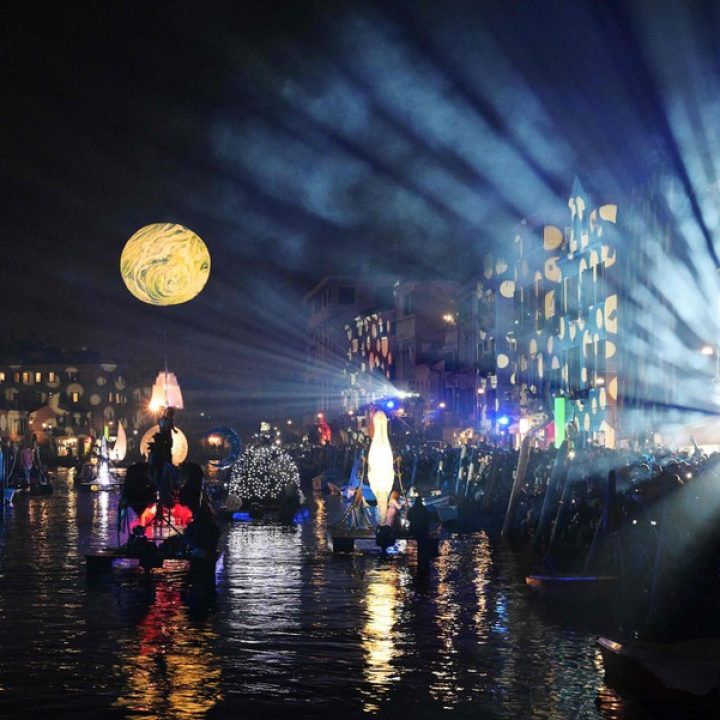
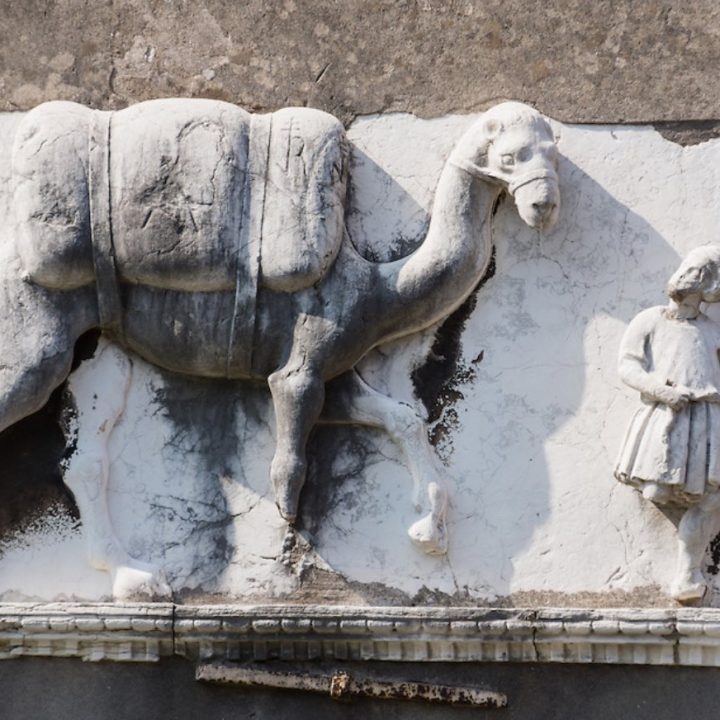
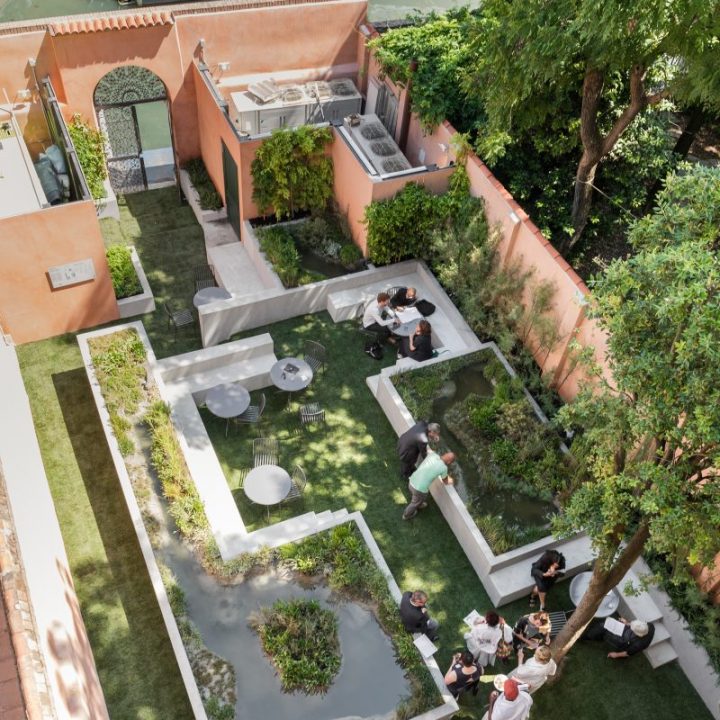
Wow ! Wonderful !
Thank you!
Wonderful !